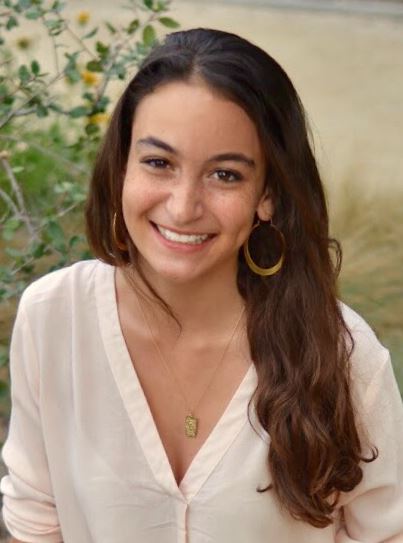
“Never again.” Ever since the final concentration camp was shut down in 1945, the world has clung to this mantra, and with good reason. Yet, in a mere 75 years those words have become hollow — co-opted by those engaging in the same antisemitic rhetoric employed during Hitler’s rise to power, and used to mask their own scapegoating of the Jewish people in the 21st century.
In many ways the Jewish people have been history’s favorite scapegoat. When the Black Death claimed the lives of millions of Europeans in the Middle Ages, society blamed the Jews. As Germany found itself in an economic and social crisis following their defeat in World War I, society blamed the Jews again. Even today in the Middle East, countries such as Iran blame Jews for their droughts, accusing Israel of “cloud theft.”
Yet somehow, the scapegoating of the Jewish people has made its way back into the mainstream, and is flourishing at educational institutions such as UC Berkeley. Just last semester at an ASUC student government meeting, a student went on a several minute long rant claiming that the Israeli Defense Forces were training American police officers to target African Americans — and that by association, the Zionist students in the room made her feel uncomfortable. Even more recently, in the wake of recent clashes between India and Pakistan over Kashmir, large signs were put up around campus, explaining how it was “Israeli weapons” that were killing innocent Kashmiris.
In a society that champions “Never Again”, how are we finding ourselves subject to the same dangerous rhetoric, “again”? Perhaps it’s because this generation is unique in its willingness to manipulate the Holocaust for their own political agenda, its misrepresentation of history, and its eagerness to use it as their next punchline.
We often hear progressive leaders make comparisons between the crisis at the U.S. border to concentration camps — and while the treatment of asylum seekers at our Southern border is horrendous, to make such a comparison cheapens the Holocaust, reducing it from the malicious genocidal project it was to something that was simply inhumane.
Inappropriate comparisons to the Holocaust, however, are just the tip of the iceberg. Recently, there has been a pattern of reducing well-known Holocaust survivors to much more mundane titles. Twice this past semester, this has been the case with Elie Wiesel — A Nobel Laureate who entered the public eye after writing a book about his experience in the Holocaust. A simple google search of Elie Wiesel yields this description of Wiesel’s life and accomplishments, but instead, a guest lecturer at UC Berkeley introduced Wiesel as an “award winning Romanian author.” And it gets worse — last semester, in an article honoring a student who won the Ethics Essay Contest, the Daily Cal demoted Wiesel to the title of simply a “Boston University Professor.”
“…this generation is unique in its willingness to manipulate the Holocaust for their own political agenda, its misrepresentation of history, and its eagerness to use it as their next punchline.”
These differences in word choice seem so insignificant, yet are incredibly malicious. Was Martin Luther King simply an inspirational pastor? Gandhi just an Indian lawyer? To rewrite history in such a way that paints over the Holocaust as a part of a notable Holocaust survivor’s story should be a major red flag to the Jewish community and the rest of society that we are going down a dangerous path — one where we are already forgetting one of the most horrendous genocides in history less than a century after its occurrence.
Perhaps it’s this misrepresentation of history that now compels people, including those who consider themselves “woke”, to use the Holocaust as the punchline in their latest tweet. Amid all the chaos and fear that has characterized the COVID-19 crisis, people were quick to jump online and compare their experiences with shelter-in-place to those of Anne Frank.

Obviously, the two situations are far from comparable, and many who engage in such comparisons rebut that it’s “just a joke.” But at what point does a “joke” become a symptom of something much more worrisome? Perhaps an isolated tweet is not so harmful, but during a time when videos explaining that Anne Frank “didn’t die in a concentration camp, [but] from typhus” are front-and-center in progressive media outlets, a line needs to be drawn.
There is another phrase the international community has thrown around since the end of World War II: “The Holocaust began with words, not actions.” As part of a generation that has grown up during a peaceful period for Jews, we must resist the urge to turn our backs and tell ourselves that this rhetoric is meaningless. That would be incredibly naive. After all, throughout history, life has always been okay for the Jews until it wasn’t — and to forget that now would fly in the face of everything “Never Again” stands for.
Contributed by 2019-2020 University of California – Berkeley CAMERA Fellow Maya Reuven.
This piece was republished in The Algemeiner.
